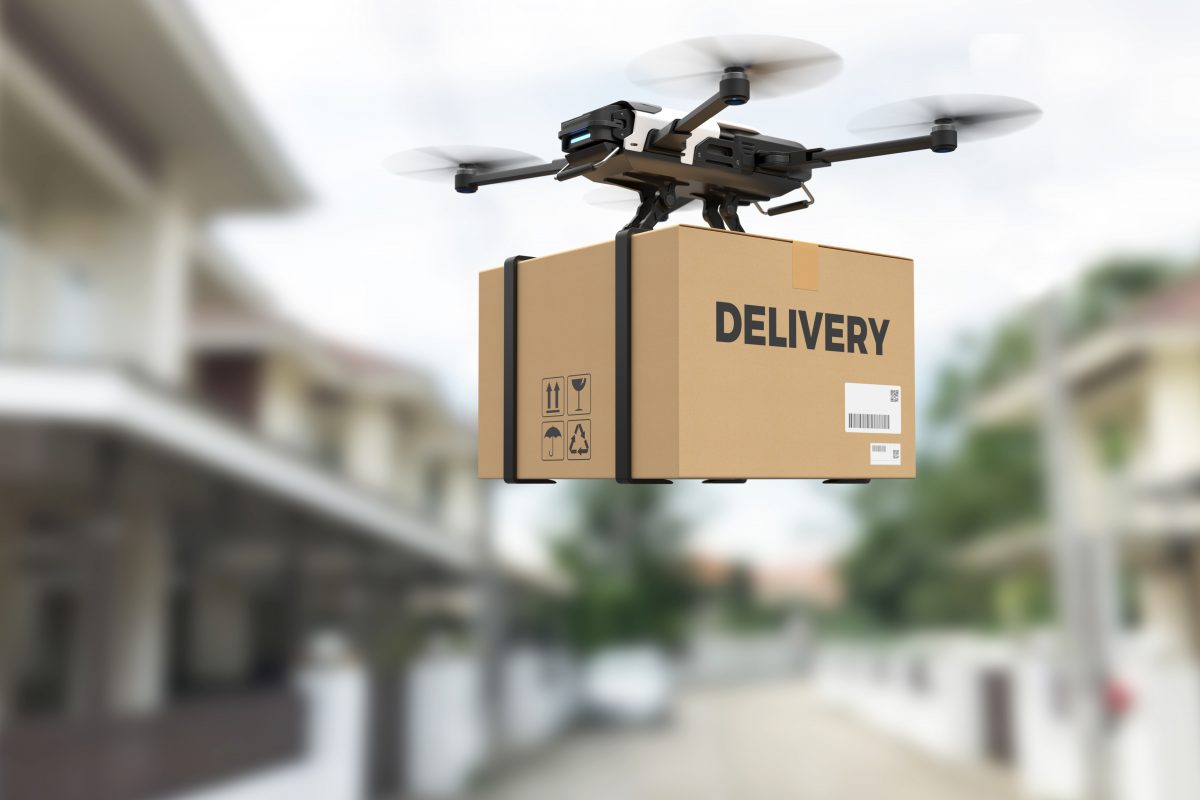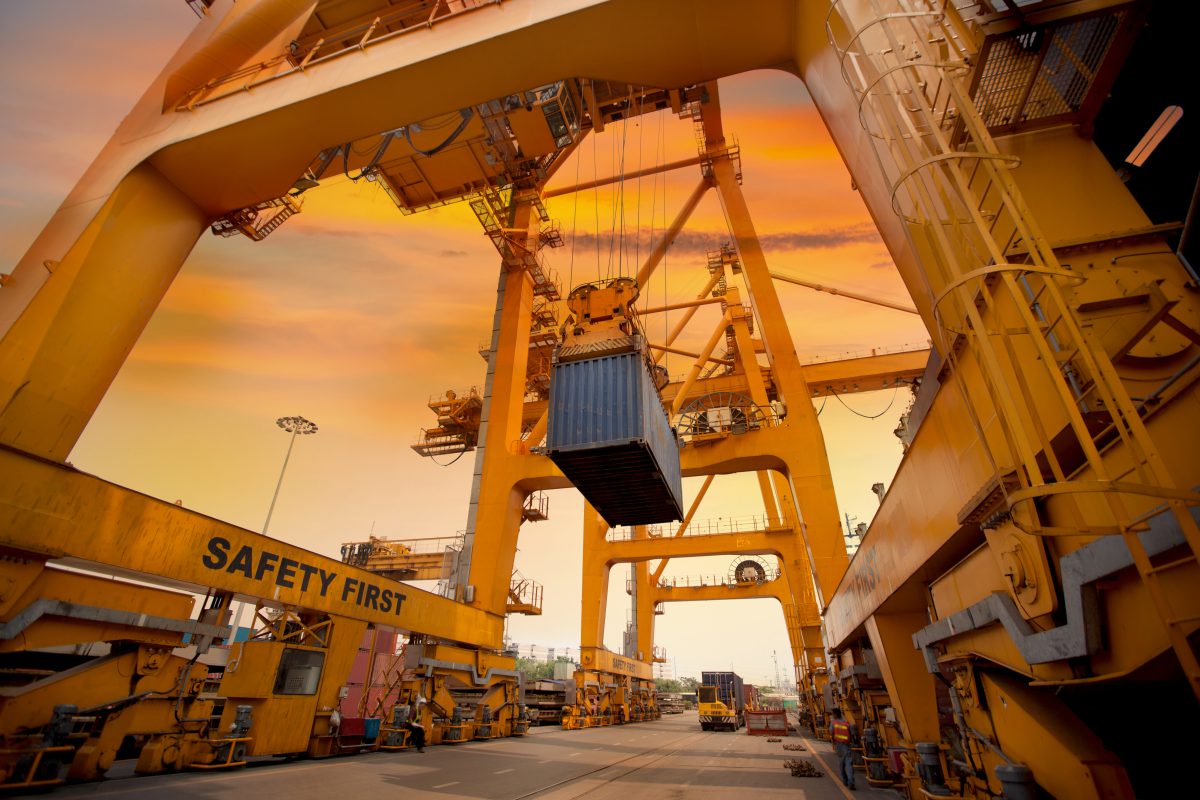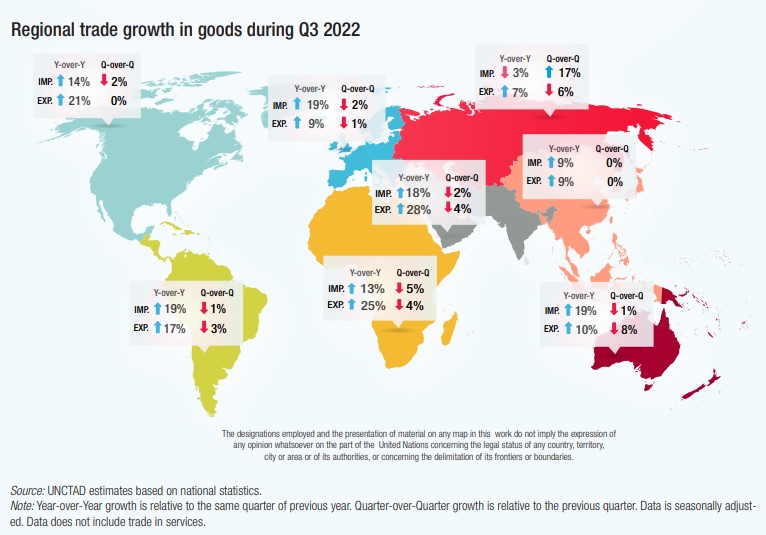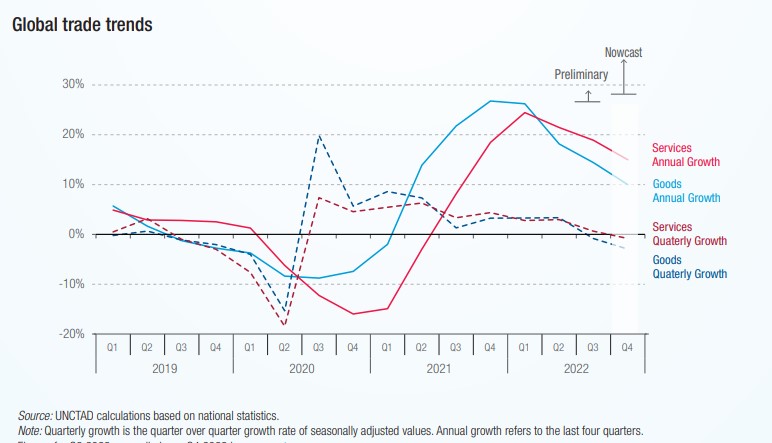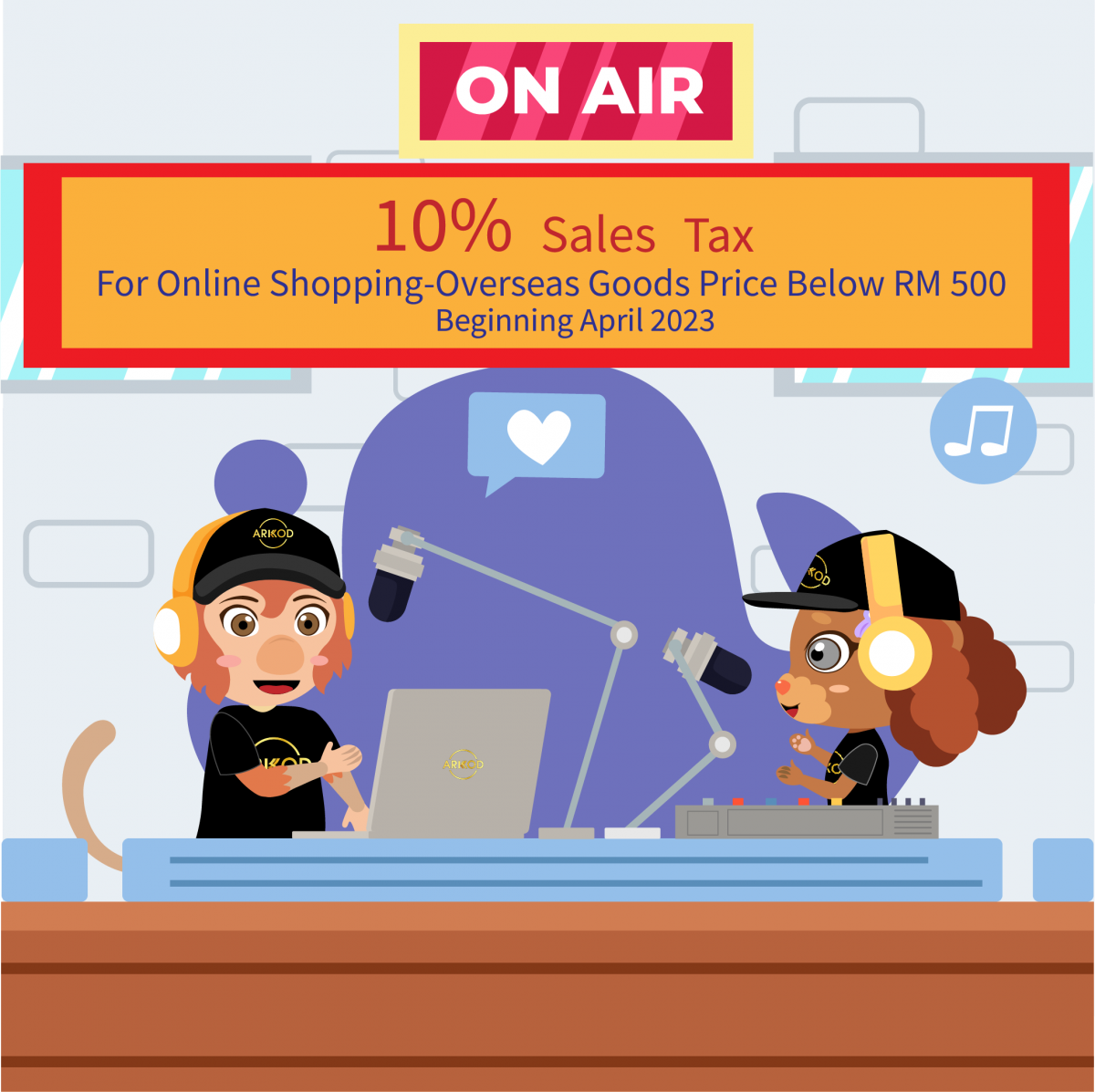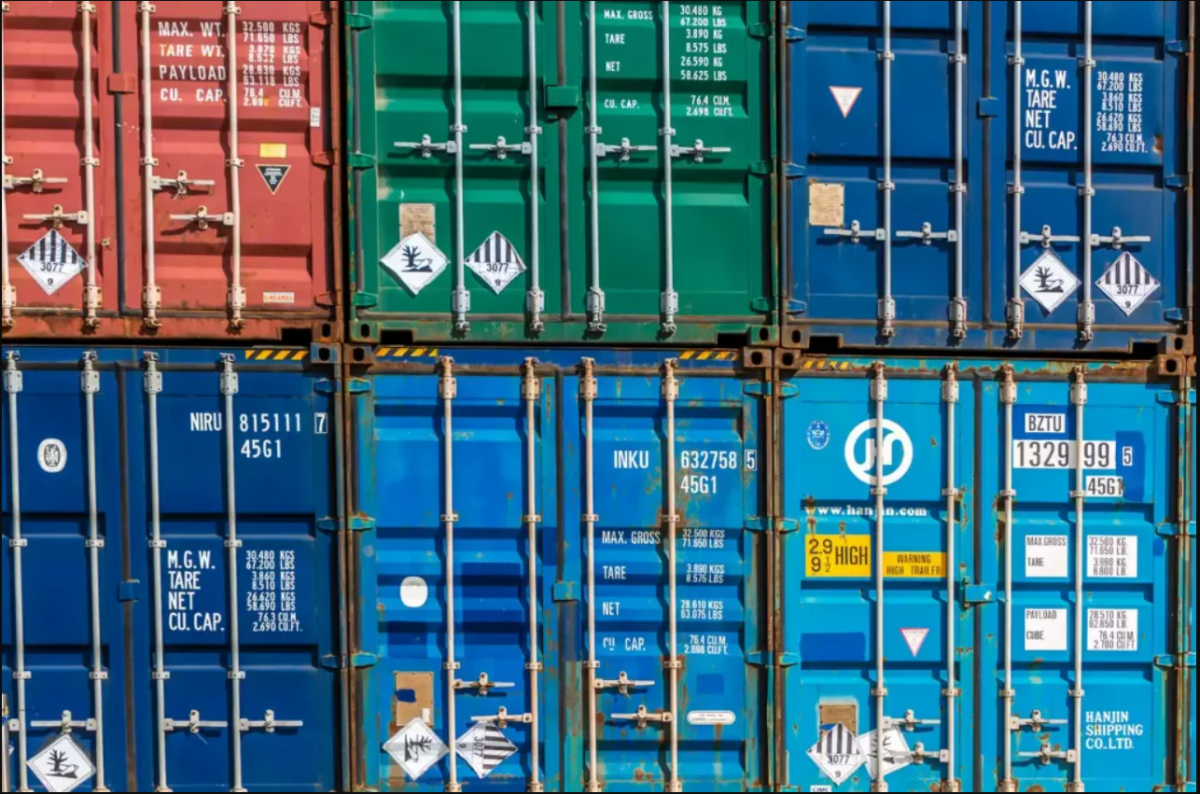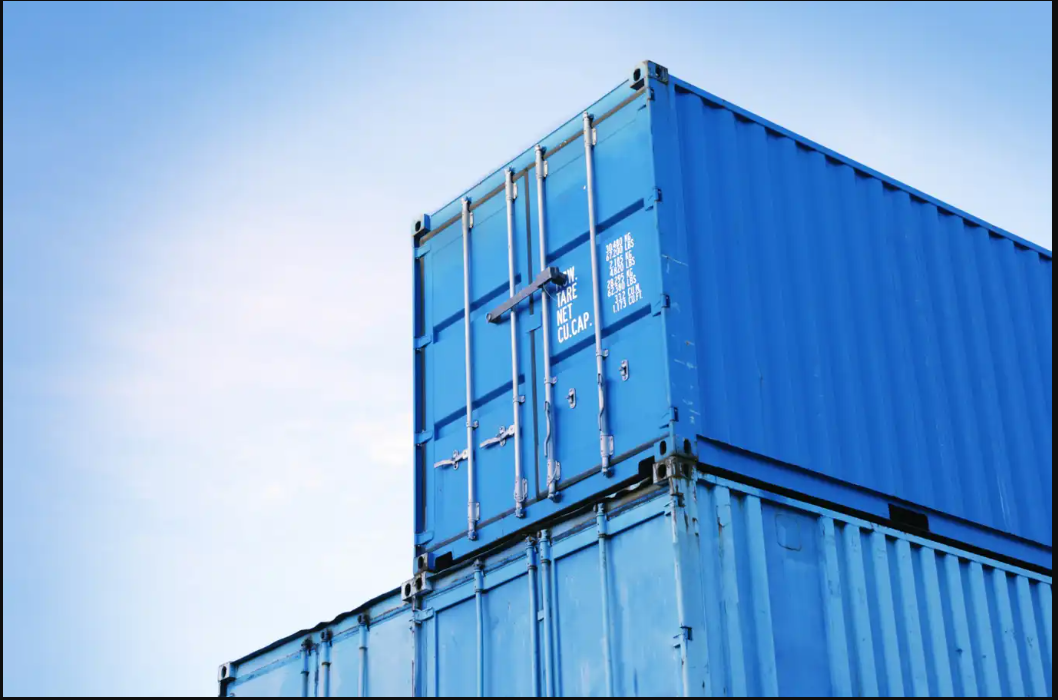Malaysia is proposing a new tax on online purchases made from overseas retailers that are valued at less than RM500. This tax would add an additional 10% to the cost of the purchase. Starting from April 2023, the Malaysian government will be collecting a new sales tax of 10% on goods imported from overseas that are priced less than RM500. This tax will be added to the cost of the purchase and will be paid by the shopper.
The 10% tax will be imposed on the goods no matter it’s delivered by air, sea or land, including in duty-free islands like Labuan, Langkawi, Tioman and Pangkor, as well as in special areas such as free zones. The new sales tax of 10% on low-valued goods (LVG) will only be applied to items priced less than RM500 that are bought online and imported from overseas to be delivered in Malaysia starting April 1st 2023 onwards. This tax will not be imposed on the delivery charges or insurance costs for the bringing in of the item from overseas to Malaysia.
As per your example, if someone is buying an item from overseas with the price of RM490 and there is a delivery charge of RM10, the total before April will be RM500. After April 1st, the new sales tax will be imposed and the buyer will pay 10% of the item price, which is RM49, in addition to the item price and the delivery fee (RM10), which will make the total cost RM549.
As long as the low-valued goods were purchased online before April 1, 2023, you will not have to pay the 10% LVG sales tax, even if the goods are delivered after April 1. If the invoice date is March 31, 2023 (with payment received), and you receive the goods on April 1 or after April 1, no LVG sales tax is imposed. But if the invoice date (payment received) is April 1, 2023, you will have to pay the LVG sales tax.
These items specifically excluded from the tax are: cigarettes, tobacco products, smoking pipes (including pipe bowls), electronic cigarettes and similar personal electric vaporizing devices, non-nicotine liquid or gel preparations used for smoking via e-cigarettes or vaping devices, intoxicating liquor.
The sellers in Malaysia or sellers outside of Malaysia that sell “low-value goods” (goods priced below RM500) online, and these goods are brought in from overseas into Malaysia, and have total sale value of “low-value goods” brought into Malaysia in 12 months is more than RM500,000 will be required to register with the RMCD.
The registration will open on January 1st, 2023 and can be done through the MyLVG online system using the LVG-01 form. The sales tax on the “low-value goods” will be due and payable at the time when the registered seller sells the goods.
Sellers in Malaysia or sellers outside of Malaysia that sell “low-value goods” (goods priced below RM500) online, and these goods are brought in from overseas into Malaysia, and have total sale value of “low-value goods” brought into Malaysia in 12 months is more than RM500,000 will be required to register with the Royal Malaysian Customs Department (RMCD)
The registration will open on January 1st, 2023 and can be done through the MyLVG online system using the LVG-01 form. The sales tax on the “low-value goods” will be due and payable at the time when the registered seller sells the goods.
Sellers are required to declare the tax amounts and to pay the tax amount collected from online shoppers to the RMCD every three months through the MyLVG system using the LVG-02 form by the last day of the next month after the three-month period. In case of overpaid or erroneous payments, the seller can apply for a refund via the LVG-03 form. Registered sellers can apply to cancel registration if they no longer sell “low-value goods” or if the total sales value of “low-value goods” in the 12 months does not exceed RM500,000.
It’s worth noting that the guide is still a draft, and the information provided is subject to change and the guide could be withdrawn by the publishing of any new guides.
The proposed sales tax on “low-value goods” that are sold online by overseas retailers and delivered to customers in Malaysia is a significant change to the current tax system, and there may be additional clarification needed for the tax to be imposed effectively and fairly. It’s important to note that the Malaysia government is still in the process of finalizing the law, the final details of this law might differ from what is being proposed, so it’s best to consult with a tax professional to know the details of the proposed law and any possible impacts on your business.
Credit to Malay Mail, Ida Lim (2023).




